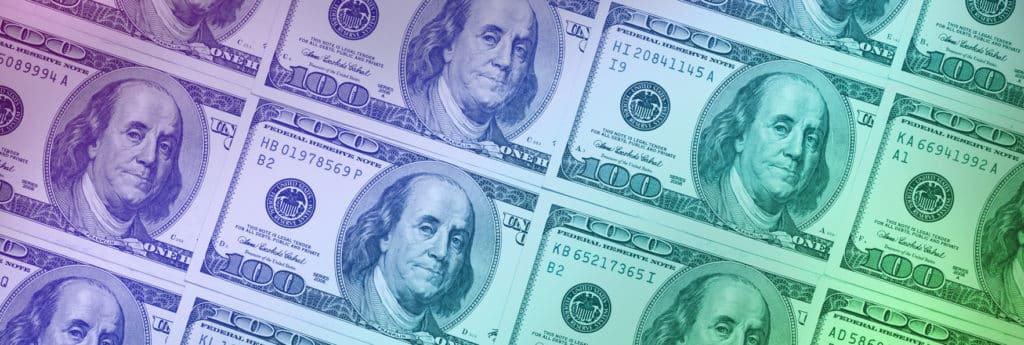On August 26, the U.S. Securities and Exchange Commission (SEC) issued a whistleblower award to an individual whose disclosure contributed to the success of an SEC enforcement action. The SEC awarded the whistleblower the maximum possible award of 30% of the funds collected in the enforcement action.
Through the SEC Whistleblower Program, qualified whistleblowers are entitled to a monetary award of 10-30% of funds recovered by the government. In addition to monetary awards, the SEC Whistleblower Program offers anti-retaliation protections to whistleblowers. One of these protections is confidentiality; thus, the SEC does not disclose any identifying information about award recipients. In this case, the SEC disclosed the percentage amount of the award but did not include the dollar amount in order to help maintain the whistleblower’s confidentiality.
In making the award determination, the SEC followed a 2020 rule which establishes a presumption that the maximum percentage be paid in cases with smaller sanctions. The rule calls for a presumption of a statutory maximum award of 30% when the maximum award would be less than $5 million, when no negative factors (such as unreasonable reporting delay, or interference with an internal compliance and reporting system) are present, and when there are no issues of culpability. The rule allows for the SEC to depart from the presumptive maximum award when the whistleblower’s assistance was “limited,” or when the maximum award “would be inconsistent with the public interest, the promotion of investor protection, or the objectives of the whistleblower program.”
In this case, the SEC determined that the presumption of a statutory maximum award applies. According to the award order, the whistleblower “provided more than limited assistance, as [the whistleblower] spoke with and provided documents to Commission staff, and application of the presumption would not be inconsistent with the public interest, the promotion of investor protection, or the objectives of the whistleblower program.” The order notes that the whistleblower “was a harmed investor who provided the Commission with important information about misrepresentations made to induce [the whistleblower’s] investment.”
The presumptive maximum rule is meant to speed up the awards claim process for the SEC Whistleblower Program and to help ensure whistleblowers are properly rewarded for their disclosures. Whistleblower advocates therefore welcomed the rule as a positive step. However, other rules passed at the same time were seen as detrimental to whistleblowers.
Earlier in August, SEC Chair Gary Gensler announced that the agency is looking into revising these controversial rule changes. This announcement was applauded by whistleblower advocates, who subsequently suggested fixes to the rules in question.
Overall, the SEC Whistleblower Program has been highly successful. Since issuing its first award in 2012, the SEC has awarded approximately $956 million to 195 individuals.
Read:
